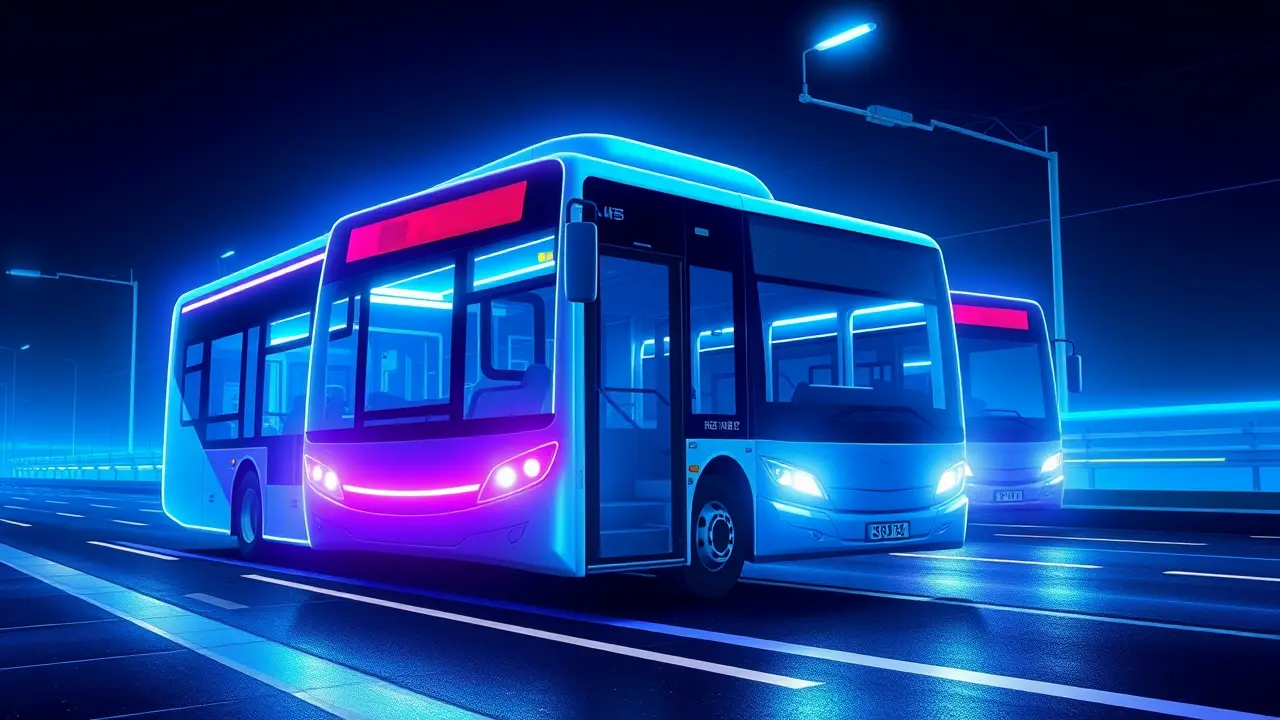
Otherauto & mobility
Norwegian buses can be remotely disabled by Chinese maker.
OL
Oliver Scott
6 hours ago7 min read
The discovery that a leading Norwegian public transport operator, Ruter, found Chinese manufacturer Yutong Group possesses the remote capability to disable its new electric buses represents a chilling escalation in the geopolitical risks embedded within our critical infrastructure. This isn't merely a theoretical software bug; it's a deliberate backdoor, a kill switch handed to a corporate entity subject to the national security laws of the People's Republic of China, which compel organizations to cooperate with state intelligence work.During routine security tests, Ruter uncovered that Yutong maintained privileged access to the buses' control systems under the guise of benign software updates and remote diagnostics. The stark admission from the operator—'In theory, this could be exploited to affect the bus'—is a masterclass in Scandinavian understatement, masking a scenario where a foreign power, during a period of diplomatic tension or outright conflict, could remotely immobilize an entire city's public transit system, creating instant gridlock, economic paralysis, and social chaos.This incident is a textbook case of a supply chain attack, a vulnerability not born from a hacker's exploit but baked into the product at the source, and it forces a brutal reassessment of the West's deep reliance on Chinese manufacturing for strategic technologies, from 5G networks to the green energy transition. Norway, a NATO member, now finds itself on the front lines of a new kind of hybrid warfare, where the battlefield is not a desert or a sea lane but the very code running its public services.The promised countermeasures—stricter security protocols and enhanced anti-hacking defenses—are necessary but reactive; they are the digital equivalent of building a moat after the castle gates have been duplicated and the keys handed to a potential adversary. This scenario invites direct comparison to the longstanding US concerns over Huawei, where the perceived threat was primarily about data espionage.Yutong's remote kill capability, however, moves the threat matrix from surveillance to sabotage, from stealing secrets to stopping buses in their tracks. The strategic implications are profound: could a future confrontation over Taiwan or the Arctic see European cities held hostage by their own infrastructure? The response from the Norwegian government and its allies will be a critical indicator of how seriously Western nations are taking the weaponization of global supply chains. Will we see a push for 'trusted vendor' lists, onshoring of critical manufacturing, or stringent sovereignty requirements for software? The quiet hum of an electric bus in Oslo has just become the siren call for a urgent, overdue debate on technological sovereignty and national security in an interconnected, and increasingly adversarial, world.
#featured
#Norway
#Chinese buses
#Yutong
#remote control
#cybersecurity
#public transport
#electric vehicles
Stay Informed. Act Smarter.
Get weekly highlights, major headlines, and expert insights — then put your knowledge to work in our live prediction markets.
© 2025 Outpoll Service LTD. All rights reserved.